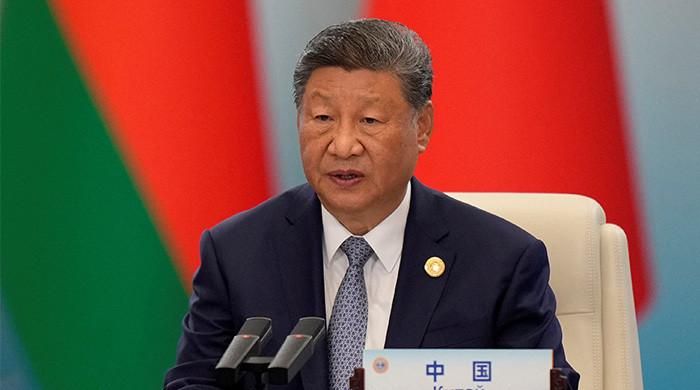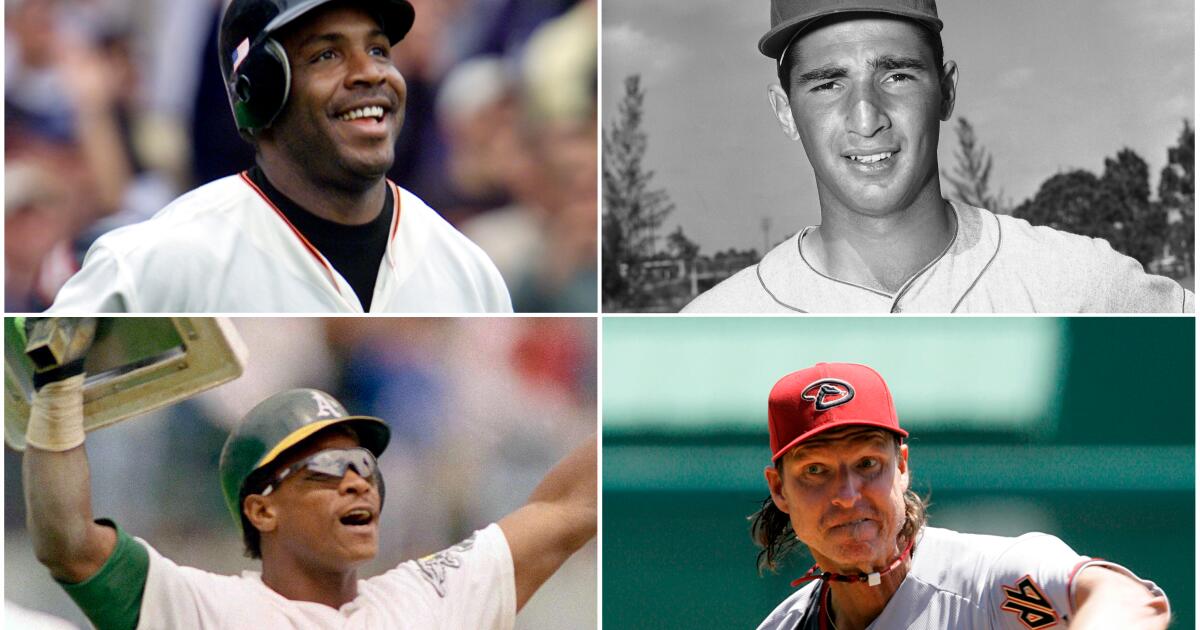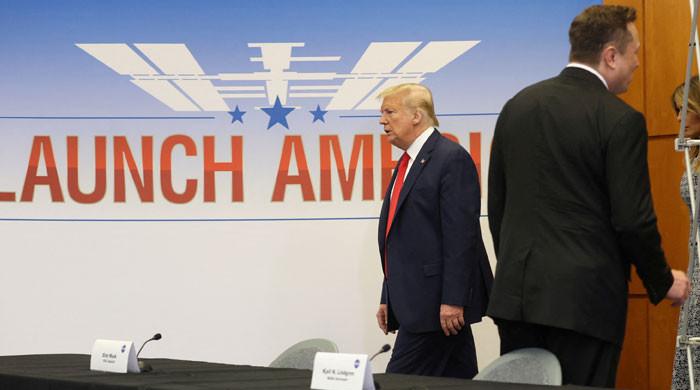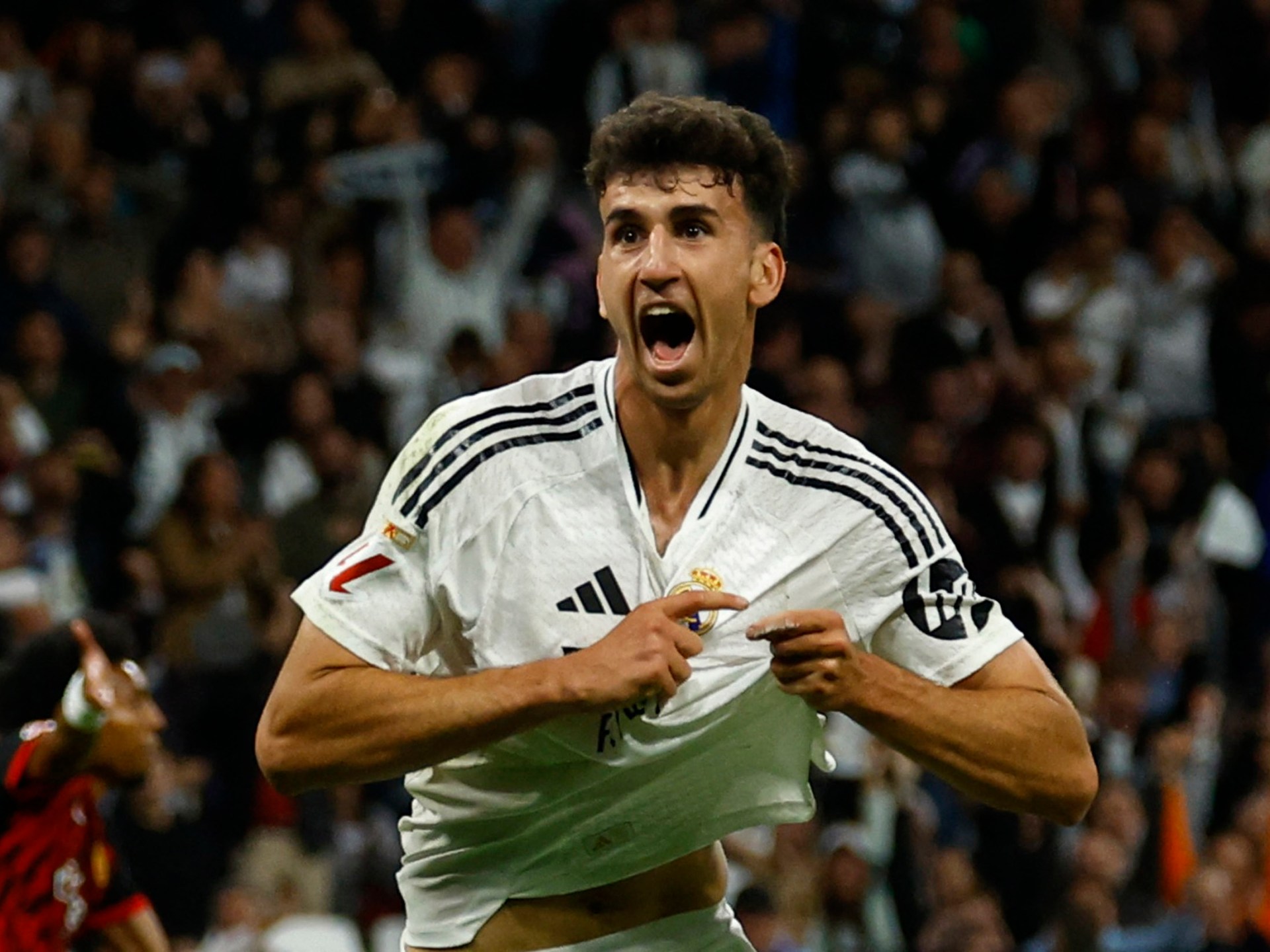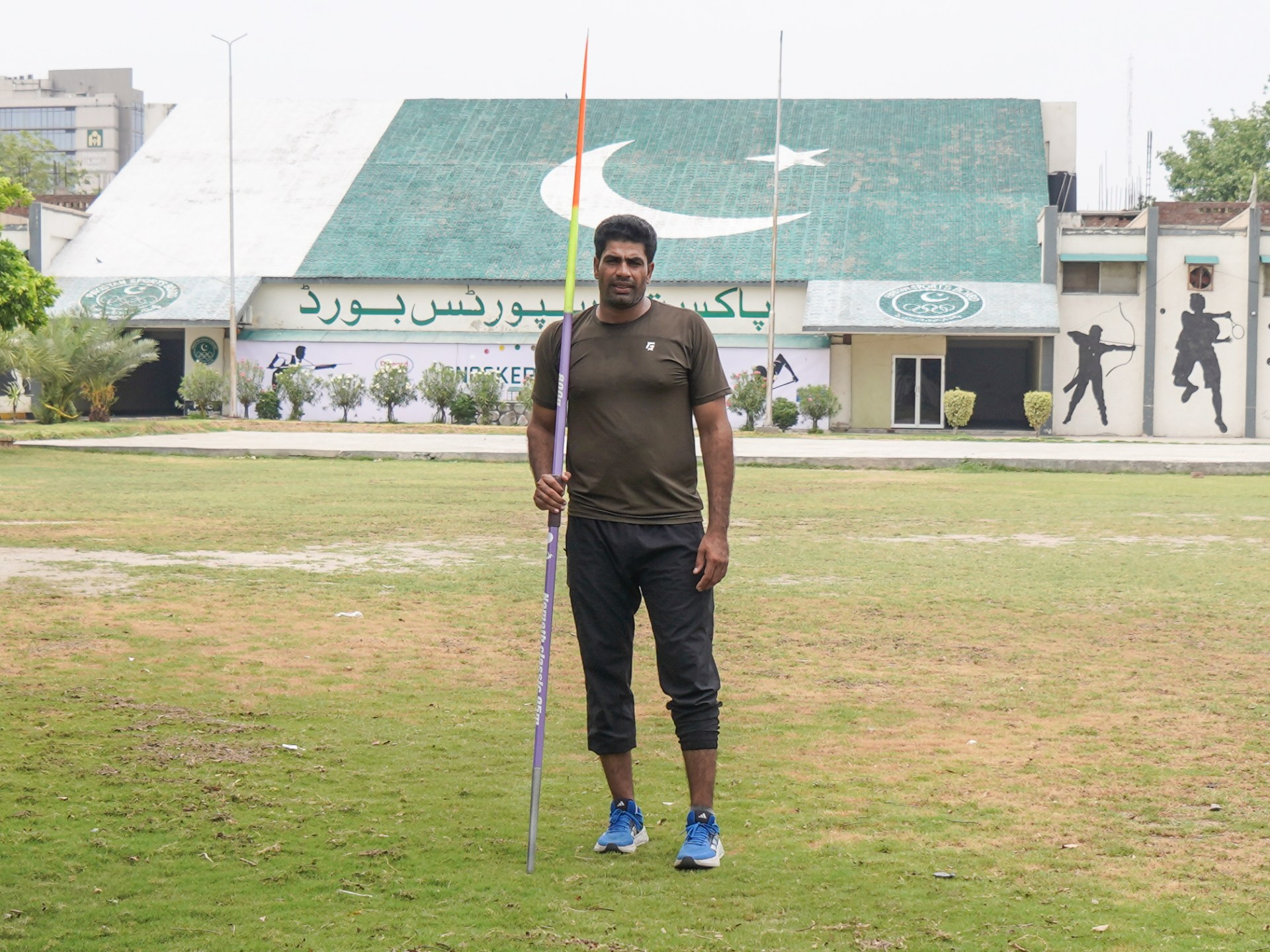- Prime Minister Shehbaz, Russia's Putin, Indian Prime Minister Modi and other leaders attend the session.
- Xi talks about constructive participation in int'l affairs, opposes hegemonism.
- SCO has established a model for a new type of international relations: President XI.
The Chinese president, Xi Jinping, criticized on Monday “intimidation behavior” in the world order while gathering regional leaders for a summit.
He called the leaders, including Prime Minister Shehbaz Sharif, Vladimir Putin de Russia and Narendra Modi of India, to “adhere to equity and justice … oppose the mentality of the Cold War, the confrontation of the camp and the intimidation behavior”, in a speech in the city of Northern Tianjin.
The Shanghai Cooperation Organization, which meets for a two -day summit, includes China, Pakistan, India, Russia, Iran, Kazakhstan, Kyrguistan, Tayikistan, Uzbekistan and Belarus, with 16 most affiliated countries such as observers or “dialogue partners.”
China and Russia have sometimes promoted the SCO as an alternative to the NATO military alliance.
“The current international situation is becoming chaotic and intertwined,” XI told the leaders.
“The security and development tasks faced by Member States have become even more challenging,” he added.
“Looking back, despite tumultuous times, we have achieved success in practicing the spirit of Shanghai,” he said, referring to the name of the group.
“Looking towards the future, with the world experimenting turbulence and transformation, we must continue following the spirit of Shanghai, keep our feet on the ground, move on and perform the functions of the organization better.”
XI said China will work with all parties in the SCO to bring the Regional Security Forum to a new level, while revealed its ambition for a new global security order that raises a challenge for the United States.
The SCO has established a model for a new type of international relations, XI said in the opening comments at the summit, adding that the forum unequivocally opposed external interference.
XI also talked about constructive participation in international affairs, opposite hegemonism and power policy, as well as the promotion of multilateralism in their comments.
The security -centered block, which began as a group of six Euroasy nations, has expanded to 10 permanent members and 16 dialogue countries and observers in recent years.
The United Nations Secretary General Antonio Guterres said that China played a “fundamental” role in the defense of global multilateralism on Sunday.
Analysts say that China will use the largest summit of this year to demonstrate an alternative vision of global governance with the international order led by the United States at a time of erratic policy formulation, a retirement from the United States of multilateral organizations and geopolitical flow.
Beijing has also used the summit as an opportunity to repair ties with New Delhi.
Modi, who is in China on his first visit in seven years, and XI agreed that on Sunday his countries are development partners, not rival, and discussed ways to improve commercial ties in the midst of global tariff uncertainty.
NATO expansion must be resolved for Ukraine Peace: Putin
The Russian president, Vladimir Putin, after speaking with his Chinese counterpart and the Indian Prime Minister Modi, said that the issue of the expansion of the East of NATO would have to be addressed so that there is a sustainable peace in Ukraine.
Putin ordered tens of thousands of troops to invade Ukraine in February 2022 after eight years of struggle in eastern Ukraine between the separatists backed by Russian and the Ukrainian troops. Russia currently controls a bit below a fifth of Ukraine.
The powers of Ukraine and Western Europe describe the invasion as a brutal monitoring of imperial -style lands. Putin presents the war as a battle with a west in Declive, which as he humiliated Russia after the Berlin wall fell in 1989 by expanding NATO to the east.
Apart from the SCO meeting, Modi held Putin's hand as they walked to Chinese President XI. The three smiled while talking, surrounded by translators.
Speaking at the summit, Putin said that the West had tried to take Ukraine to the orbit of the West and then tried to attract the OTAN Military Alliance led by the United States to the former Soviet Republic led by the United States.
“For a Ukrainian agreement to be sustainable, the root causes of the crisis, which I just mentioned and that I have mentioned repeatedly, must be eliminated,” Putin said.
“A right balance in the security sphere” must also be restored, said Putin, abbreviated for a series of Russian demands on the security of NATO and the European.
At the 2008 Bucharest Summit, NATO leaders agreed that Ukraine and Georgia one day would become members. Ukraine in 2019 modified its constitution by committing to the path of total membership of NATO and the European Union.
Reuters He reported in May that Putin's conditions to finish the war include a demand for Western leaders to commit to stop extending NATO to the east and raise a part of the sanctions to Russia.
Putin said that the “understanding” he reached with the president of the United States, Donald Trump, at a summit in Alaska in August opened a form of peace in Ukraine, which would discuss with the leaders who attended the regional summit in China.
“We greatly appreciate the efforts and proposals of China and India aimed at facilitating the resolution of the Ukrainian crisis,” Putin told the forum.
“Understanding reached the recent meeting of Russia, USA in Alaska, I hope, it also contributes to this goal.”
He said he had detailed to XI on Sunday the achievements of his conversations with Trump and the work “already underway” to resolve the conflict and would provide more details in the two -way meetings with the Chinese leader and others.
China and India are, with much, the largest buyers of Russia, the second largest exporter in the world. Trump has imposed additional tariffs on India on purchases, but there are still no signs that India or China will stop buying Russian oil, a key export of Russia's war economy.

